Introduction
Choosing the right drill for your project can feel like navigating a labyrinth of options. With so many types available, understanding the differences between them is crucial for achieving the best results. In this guide, we’ll dive deep into the world of drills, focusing on key terms like “ezarc Hammer Drill Bit,” “Concrete Drill,” “Masonry Drill,” and “Flat Wood Drill.” By the end, you’ll not only know how to distinguish these tools but also how to select the right one for your needs.
What is a Drill?
At its core, a drill is a tool used to create holes in various materials. Whether you're a professional contractor or a DIY enthusiast, understanding drills is fundamental to any construction or home improvement project. With the right drill, you can make quick work of tasks that would otherwise take hours—think of it as the magic wand in your toolkit.
Types of Drills
Hammer Drill
What is a Hammer Drill?
A hammer drill combines rotary drilling with a hammering action, allowing it to penetrate hard surfaces like concrete and brick. This dual-action mechanism is what sets it apart from standard drills.
Key Features of Hammer Drills
Hammer drills often come with adjustable settings to switch between drilling modes. Their powerful motor and durable construction make them ideal for heavy-duty tasks. When you hear “ezarc Hammer Drill Bit,” it refers to a specific type of bit designed to work seamlessly with hammer drills, enhancing their performance.
Concrete Drill
Understanding Concrete Drills
Concrete drills are specifically designed to handle the toughness of concrete, featuring a robust tip and often a spiral design that helps remove dust while drilling.
Common Applications
These drills are your go-to for projects involving concrete walls, floors, or any masonry structure. Imagine needing to hang a heavy frame on a concrete wall—this is where concrete drills shine.
Masonry Drill
Characteristics of Masonry Drills
Masonry drills are tailored for drilling into brick, stone, or concrete. They usually have a unique tip designed to create a pilot hole, which makes drilling easier and more efficient.
Best Practices for Using Masonry Drills
To maximize your masonry drill’s effectiveness, use a slow, steady pressure and let the drill do the work. It’s like dancing with the drill; you have to feel its rhythm!
Flat Wood Drill
What is a Flat Wood Drill?
Flat wood drills, or spade bits, are designed for drilling wide, flat holes in wood. Their broad, flat shape allows them to create clean, precise openings.
Advantages of Flat Wood Drills
The primary benefit of using a flat wood drill is its ability to produce clean holes quickly. If you've ever tried to make a neat opening with a standard drill, you’ll appreciate the difference!
Comparing Key Features of Each Drill Type
When it comes to choosing between a hammer drill, concrete drill, masonry drill, and flat wood drill, the features of each can guide your decision. Hammer drills excel in versatility, concrete drills dominate in strength, masonry drills offer precision, and flat wood drills are perfect for finishing touches.
Choosing the Right Drill for Your Project
Selecting the appropriate drill involves understanding your project’s requirements. Ask yourself: Are you working with wood, concrete, or brick? Each material has its ideal drill counterpart. Don’t underestimate the importance of having the right tool; it’s like trying to cut a steak with a butter knife!
Conclusion
Navigating the world of drills doesn’t have to be overwhelming. By familiarizing yourself with the differences between a hammer drill, concrete drill, masonry drill, and flat wood drill, you’ll be well-equipped to tackle any project that comes your way. Remember, the right drill not only makes your job easier but also ensures the quality of your work.
Frequently Asked Questions
-
What is the main difference between a hammer drill and a regular drill?
A hammer drill has a hammering action in addition to rotary motion, making it suitable for hard materials like concrete. -
Can I use a masonry drill on wood?
While you can, it’s not ideal. Masonry drills are designed for harder materials, and using them on wood may not yield the best results. -
What is the best drill for home use?
A versatile hammer drill is often recommended for home use due to its ability to handle various materials. -
How do I know which drill bit to use?
Consider the material you’re drilling into; each type of drill bit is designed for specific tasks, whether it’s wood, concrete, or masonry. -
Are there safety tips I should follow when using drills?
Always wear safety goggles, maintain a firm grip on the drill, and be cautious of your surroundings to ensure a safe drilling experience.
With this guide, you’ll be better prepared to choose the right drill and tackle any project with confidence!

 Oscillating Multi-Tool Blades
Oscillating Multi-Tool Blades
 Reciprocating Saw Blades
Reciprocating Saw Blades
 Cutting & Grinding
Cutting & Grinding
 Hole Saw
Hole Saw
 Drilling
Drilling
 Sanding & Polishing
Sanding & Polishing
 Hand Tools
Hand Tools
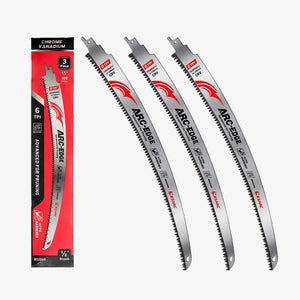 BEST SELLERS
BEST SELLERS
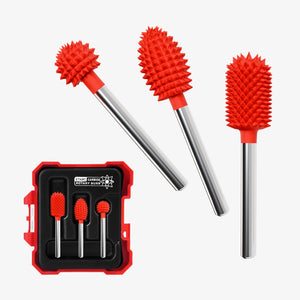 NEW ARRIVALS
NEW ARRIVALS
 Clearance Sale
Clearance Sale
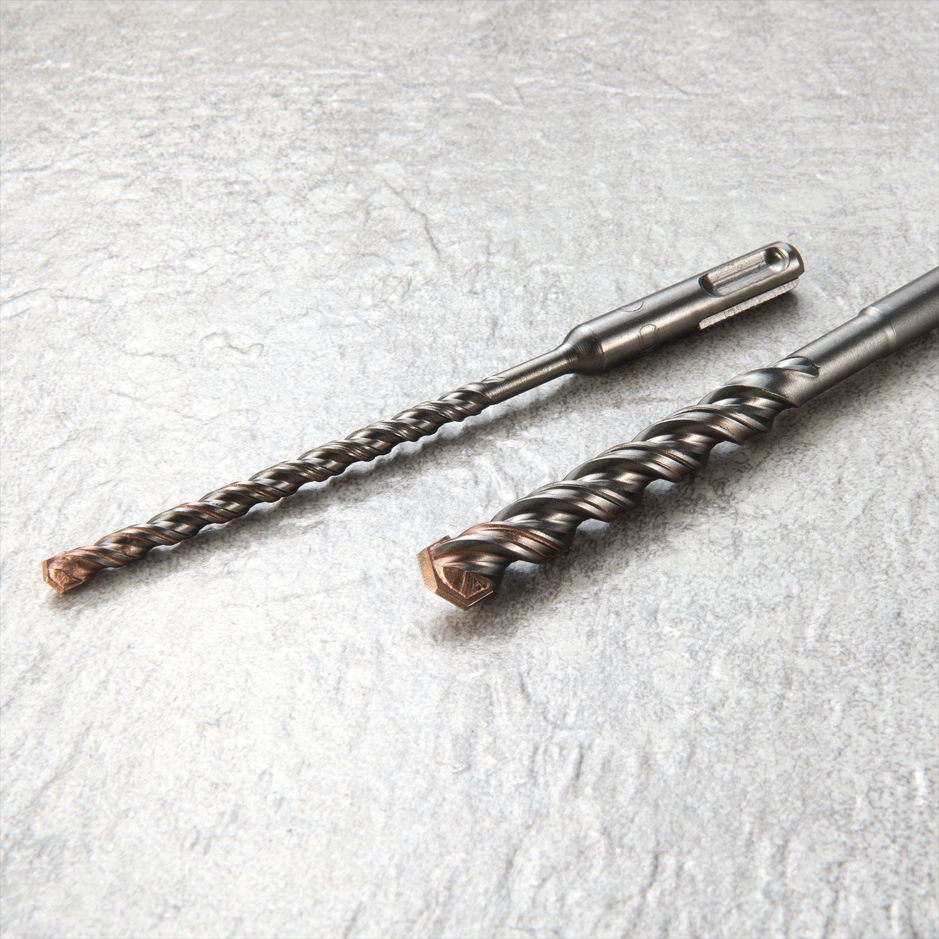
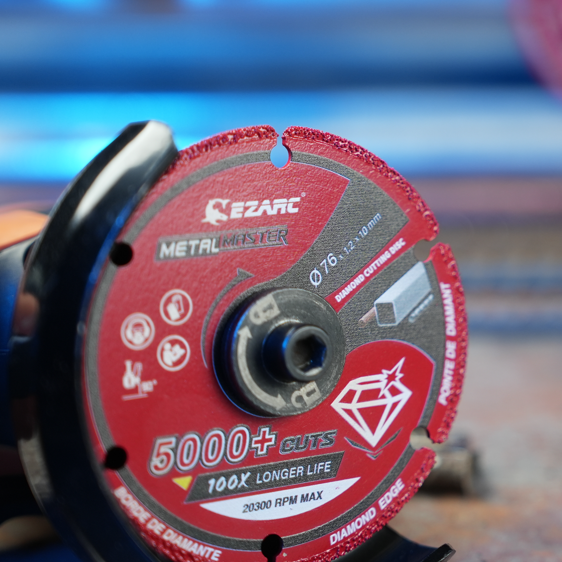
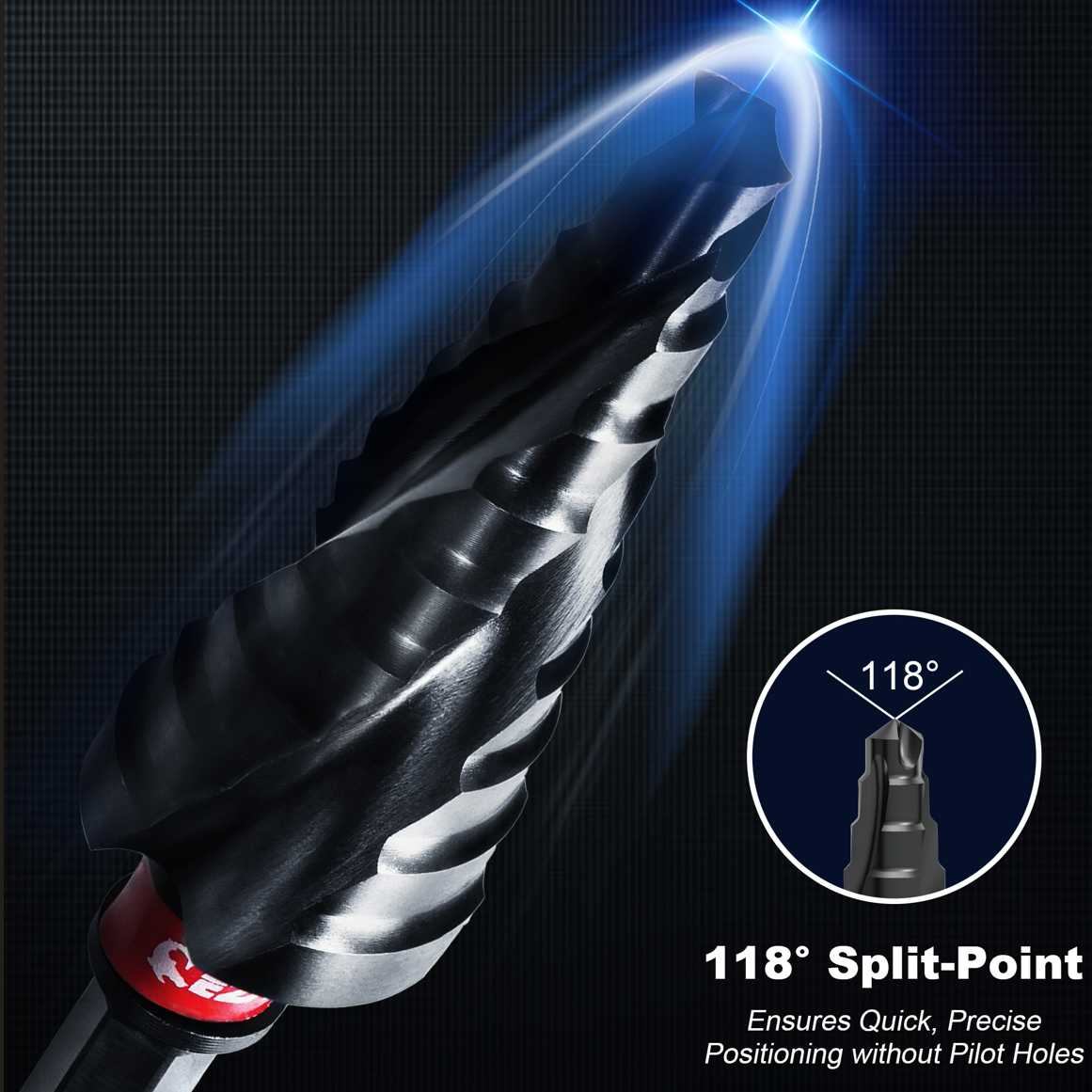
Dejar un comentario
Este sitio está protegido por hCaptcha y se aplican la Política de privacidad de hCaptcha y los Términos del servicio.